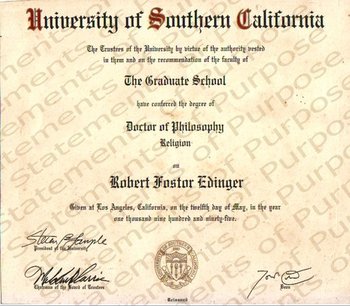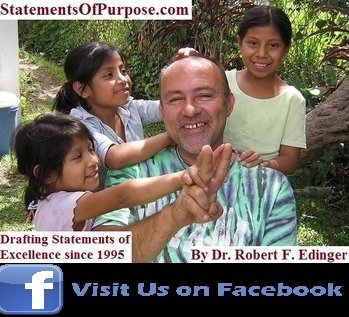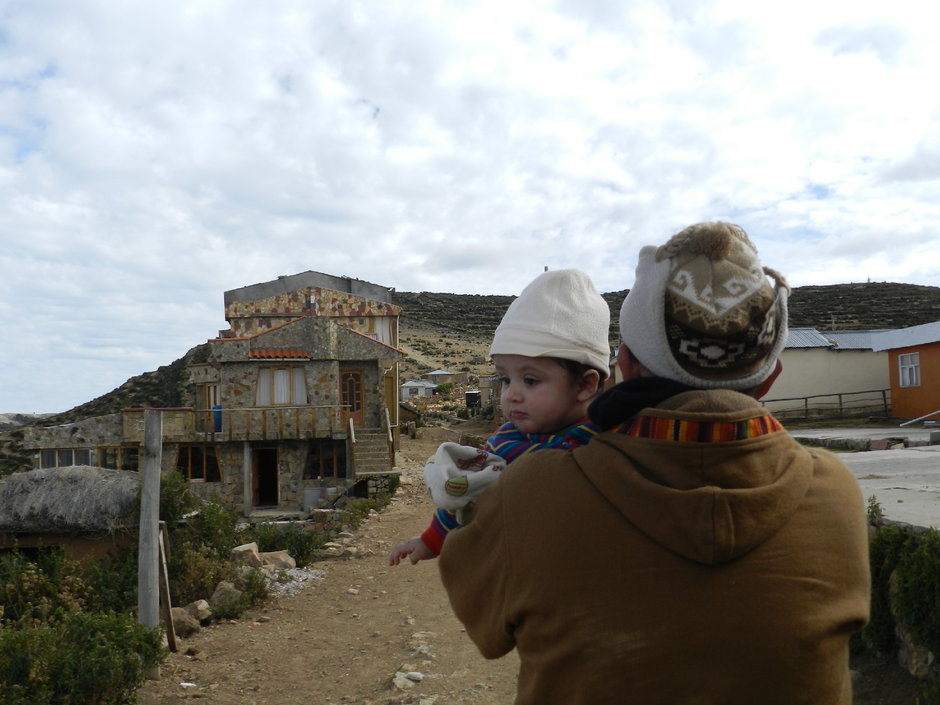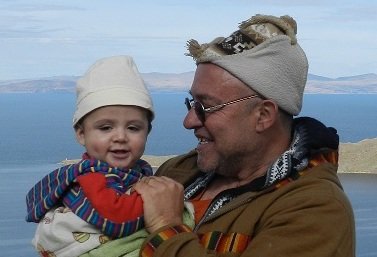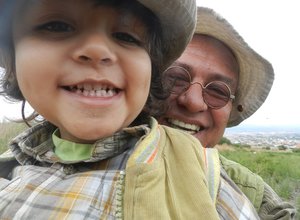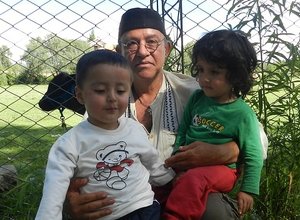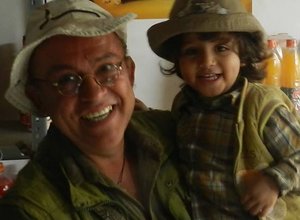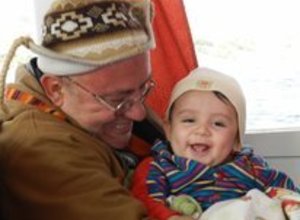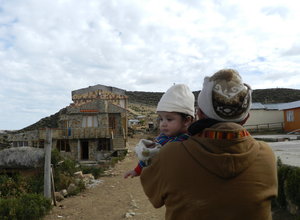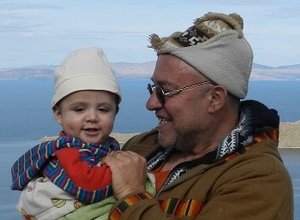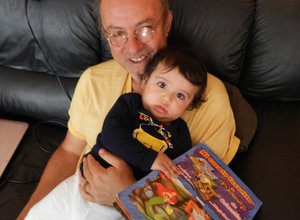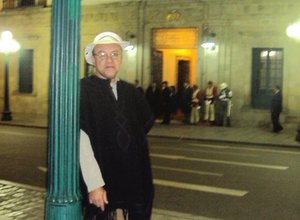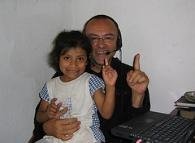Priority Service Checkout US$249.00 (Includes resume or CV edit/enhance/revamp)
Priority Checkout US$199.00 (Statement Only)
Free Consultations: [email protected]
Anonymous Samples of My Work in Computer Science, Masters, PHD
- Master’s Computer Science, Data Mining, Saudi
- Ph.D. Degree in Computer Science, Networks, Saudi
- PHD Degree in Computer Science, Robotics, AI
- PHD Degree in Computer Science, EE, Turkey
- MS Computer Information Systems
- Masters, Computer Science and Engineering, Canada
- Ph.D. Computer Science, Artificial Intelligence, Arabic
- MS Electrical & Computer Engineering, Power
- MS Masters Computer Engineering, Research
- PHD Computer Engineering, Product Development
- MSc Masters Computer Science UK, Computer Literacy
- BSc Computer Science, Team Captain, IT Jobs
- BSc Computer Science UK, ICT Technician
- BSc Computer Science UK, Learning Network
- BSc Computer Science UK, Artificial Intelligence, Logic, Physics
- MS Masters, Software Engineering, Iraqi Man
Statements of Excellence in Computer Science

Although computer science is one of the fields poised for exponential job growth over the next several years, there’s a glaring lack of women entering the field. Since 1984, the number of computer science degrees awarded to women has steadily declined, and today only 13 percent of computer science graduates are female. Accordingly, top jobs in the field are male-dominated. A recent study by technology outsourcing and recruiting firm Harvey Nash Group found that out of 166 U.S.-based technology firms that replaced their CEOs last year, only six appointed a woman for the position.
It’s clear women aren’t pursuing technology careers, but why? According to Gloria Townsend, a computer science professor at Depauw University, it’s one of the most promising fields for female students to study. “There is a predicted shortage of technology workers by 2018, and women are especially courted for their ability to manage projects and teams successfully,” Townsend says. “Just as the early 1980s was a wonderful time for women to enter the field of computing, 2012 holds even more promise as a stepping stone to a technological future.”
Computer Science is now the motor of our world. This field is changing the way that we think about education as well as technology, with endless possibilities for advancement in our century.
New communications systems are especially critical to countries that are struggling to develop economically. Cell phones have continued to represent an advanced and dynamic communication revolution. Of even greater importance for the future, however, is the way in which a fuller integration into the world economy through Internet participation is on the horizon as well in many areas that are in desperate need of economic development. The importance of this for the Developing World can hardly be over estimated.
My service is quite different from other statement writing services on the Internet for several reasons. I am the little guy on the web, not a big business like most of my competitors. You deal directly with me. I answer all of your questions completely free of charge and I am solely responsible for producing a statement that you are very pleased with.
Most recently edited Statement Samples.
Please note that I attend to my clients in the order in which I have received their payments. To qualify for my discount price of US$199.00, all you need to do is drop by any Western Union location worldwide, fill out the form, and pay the money. Please note that you also need to pay around US$10.00 to send the money.
